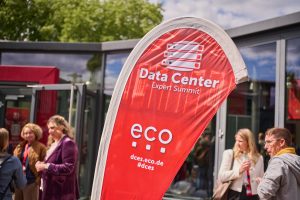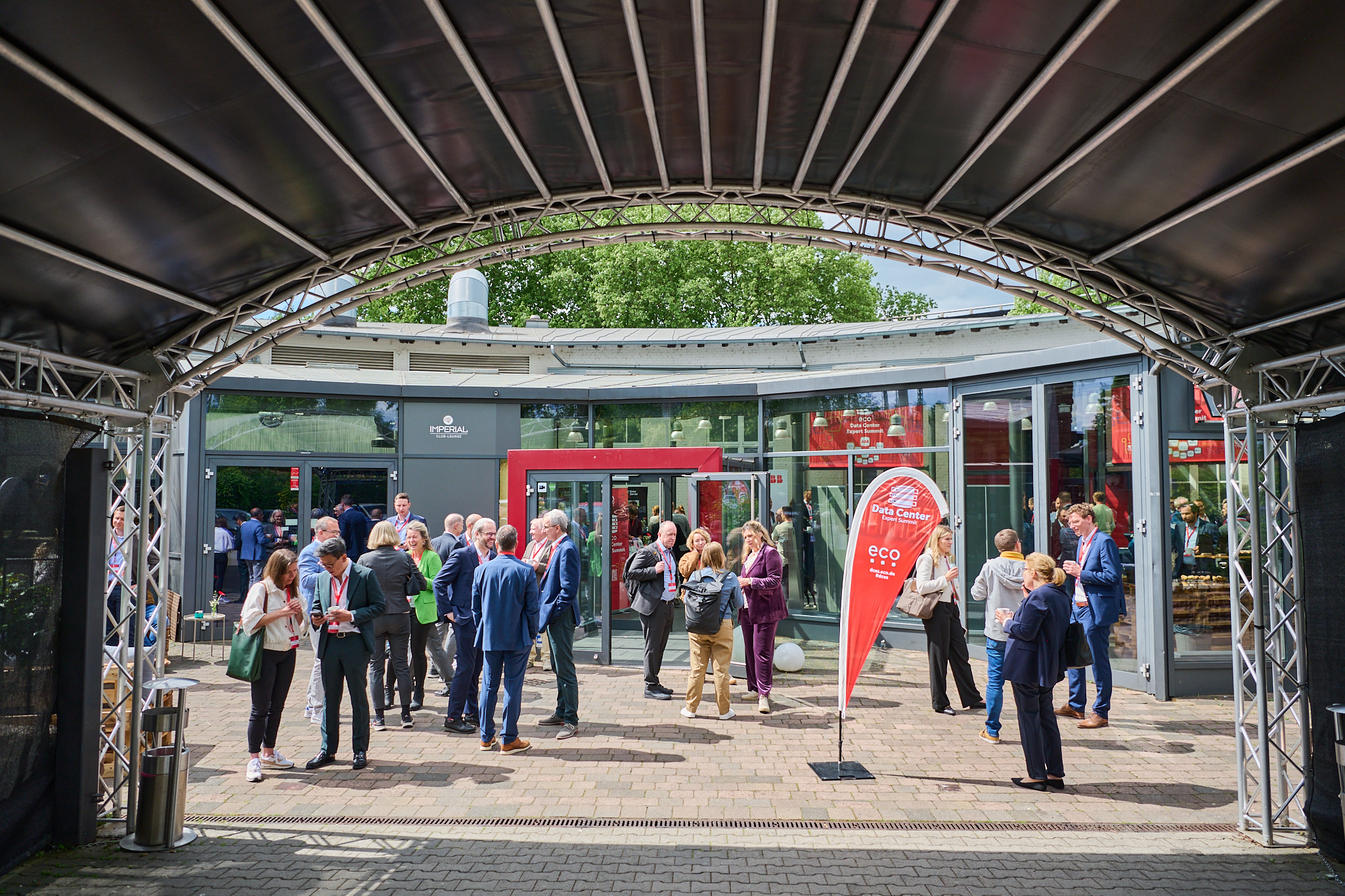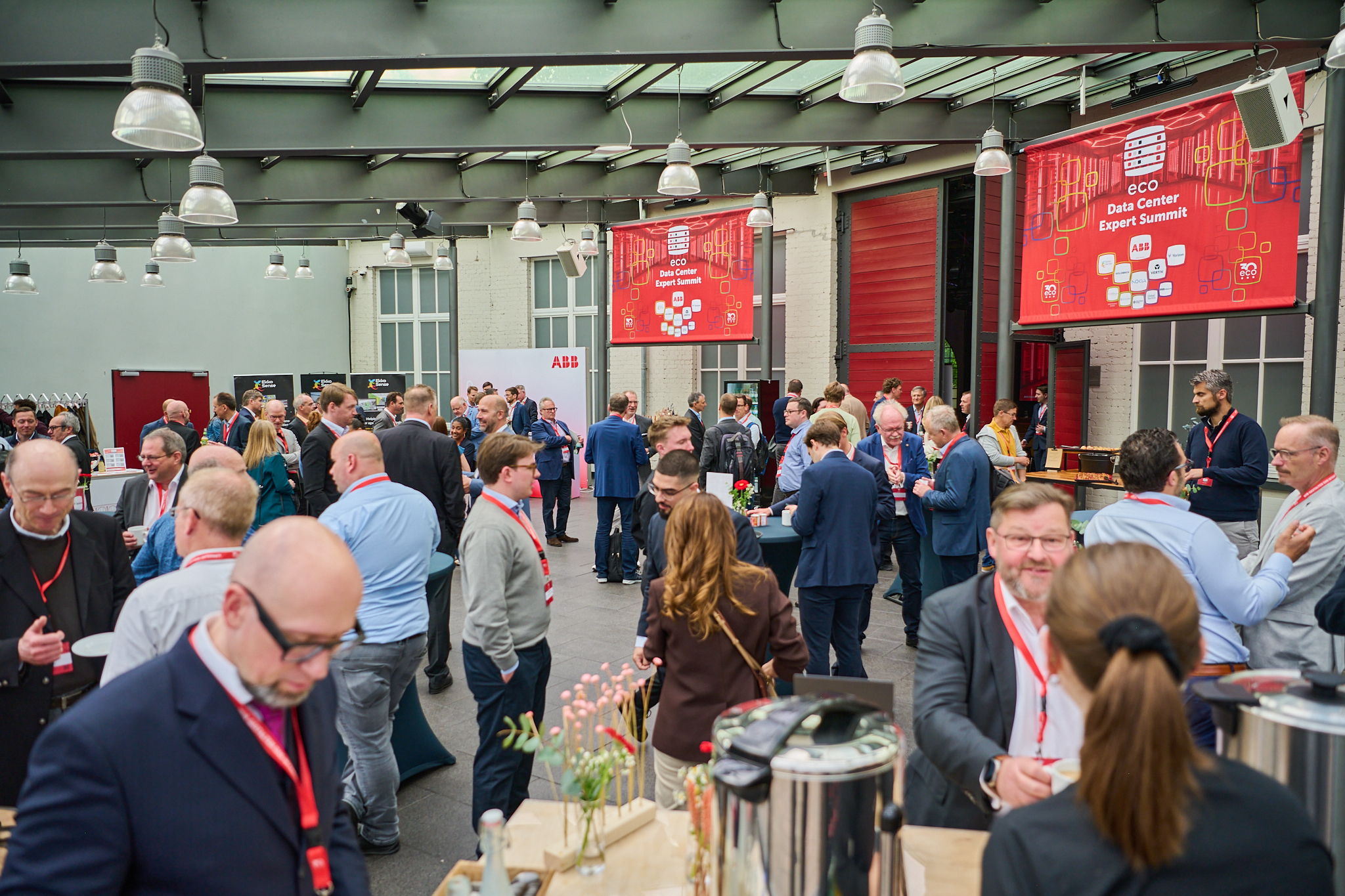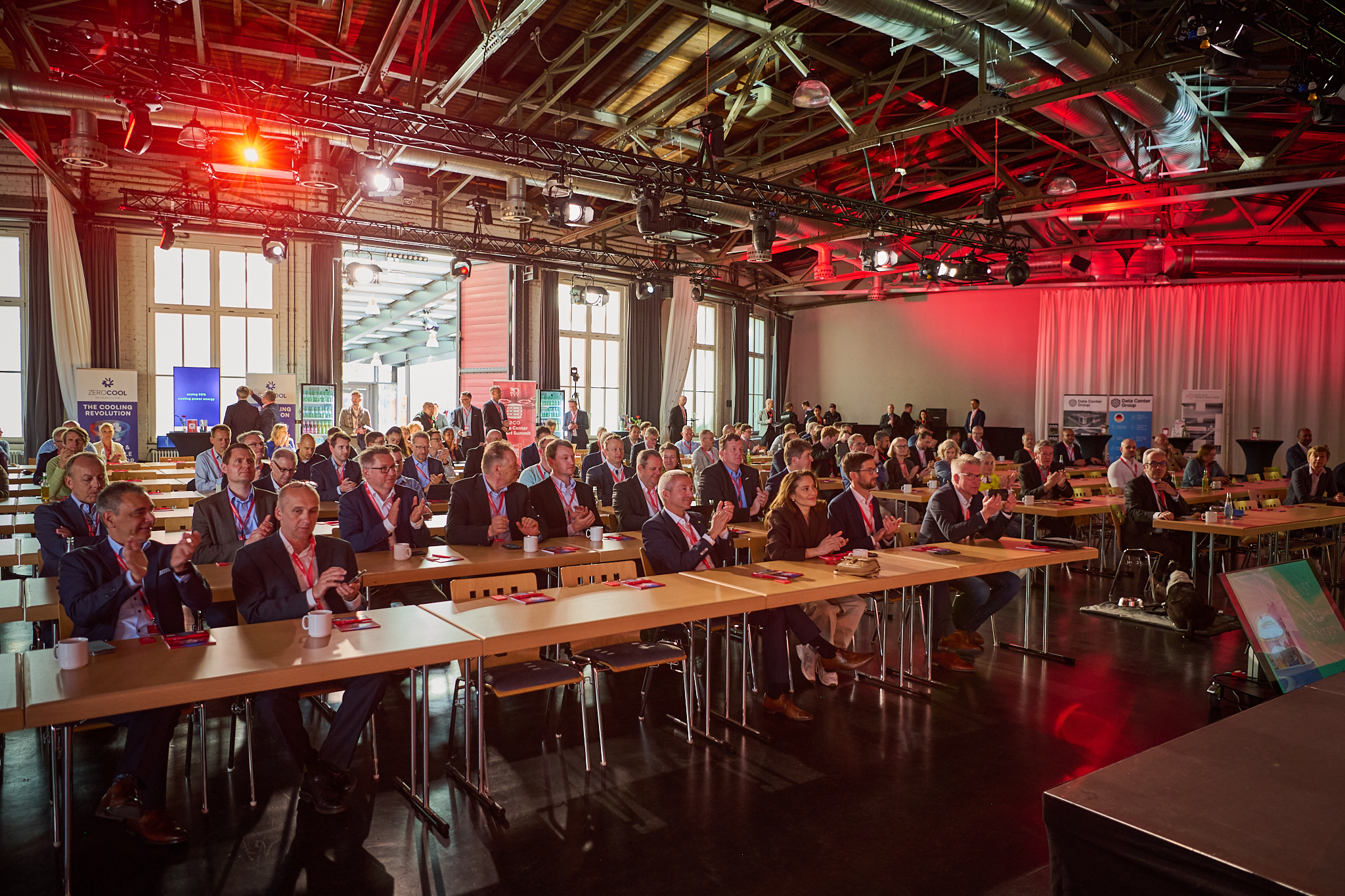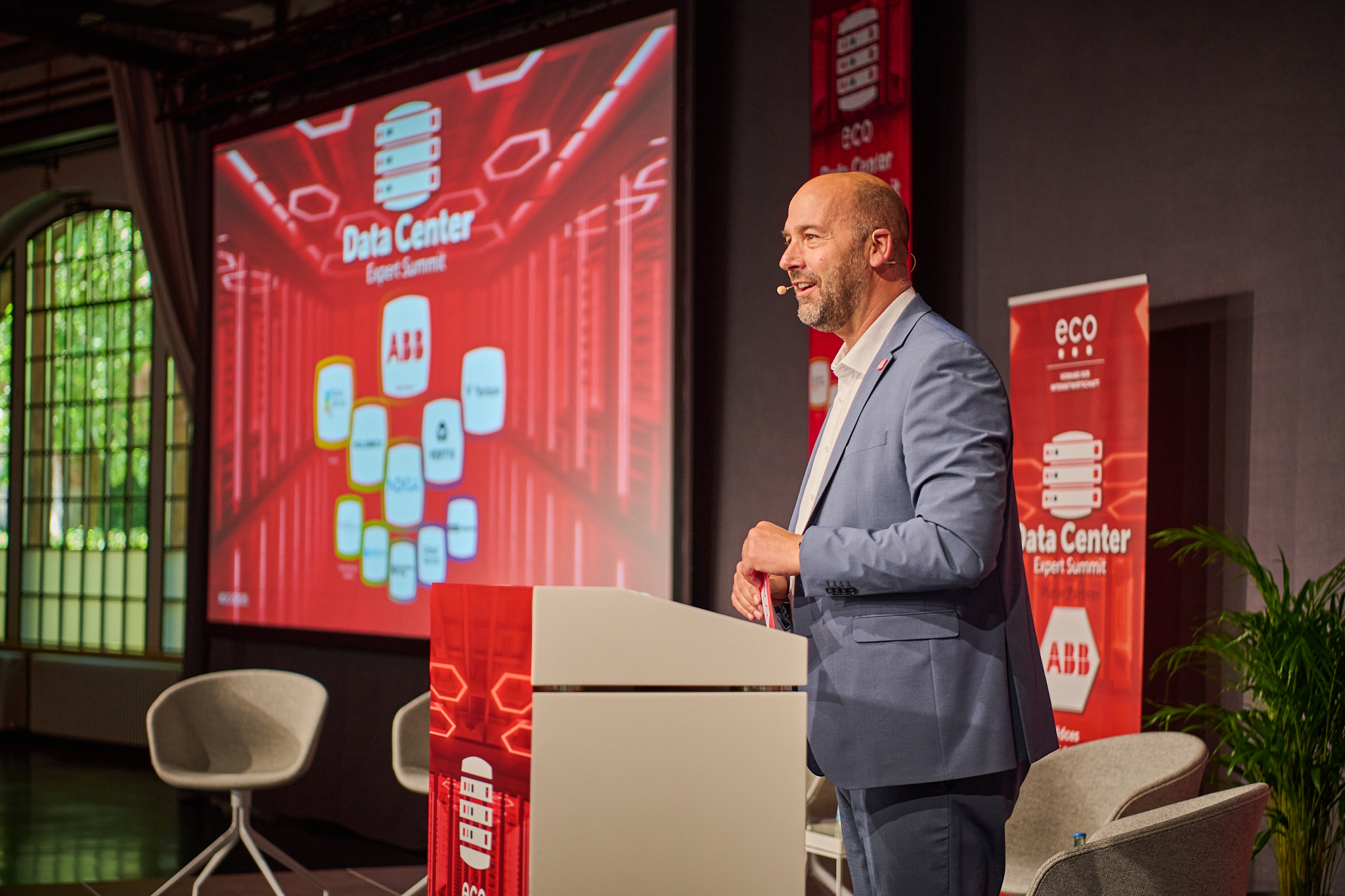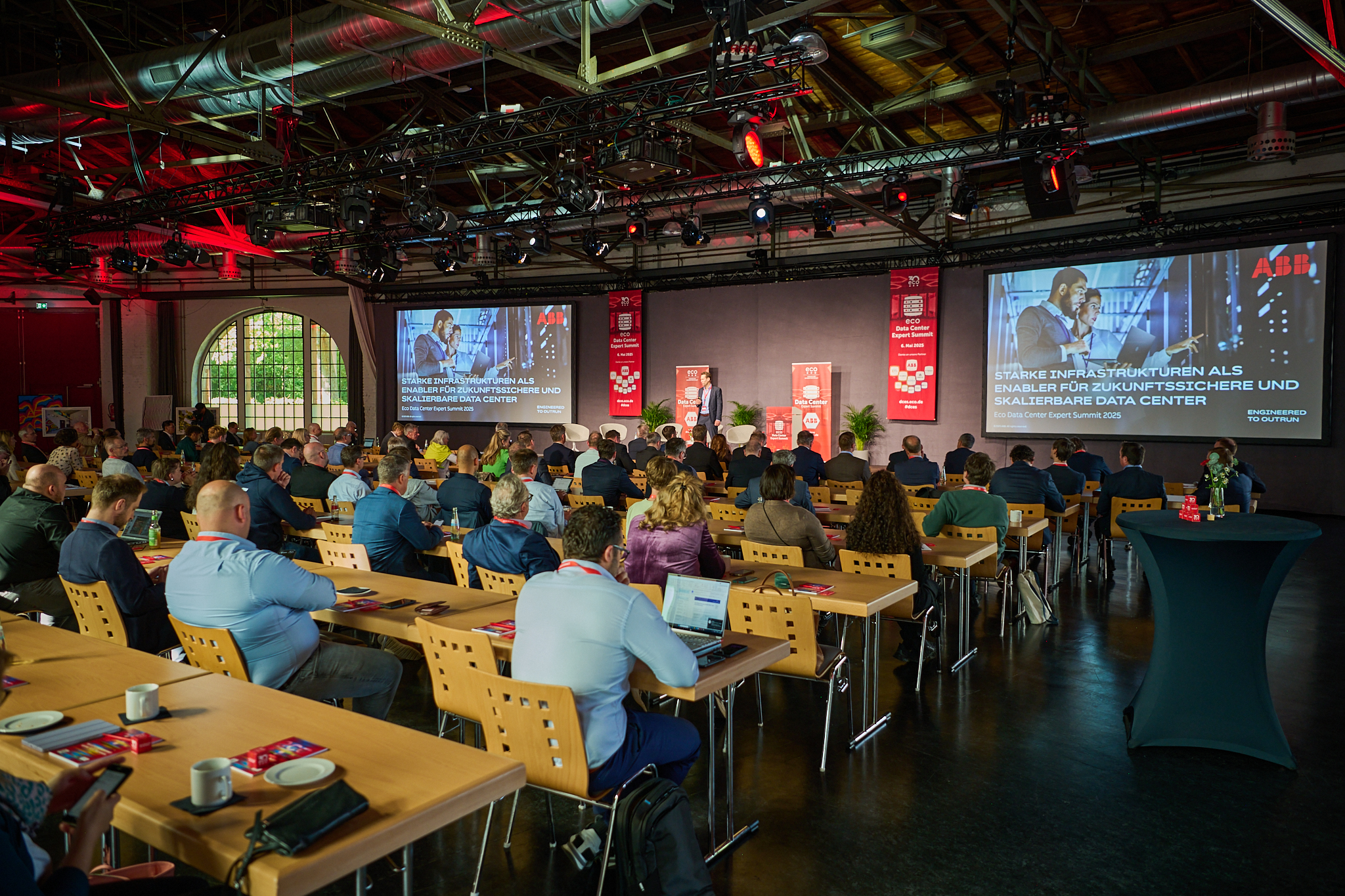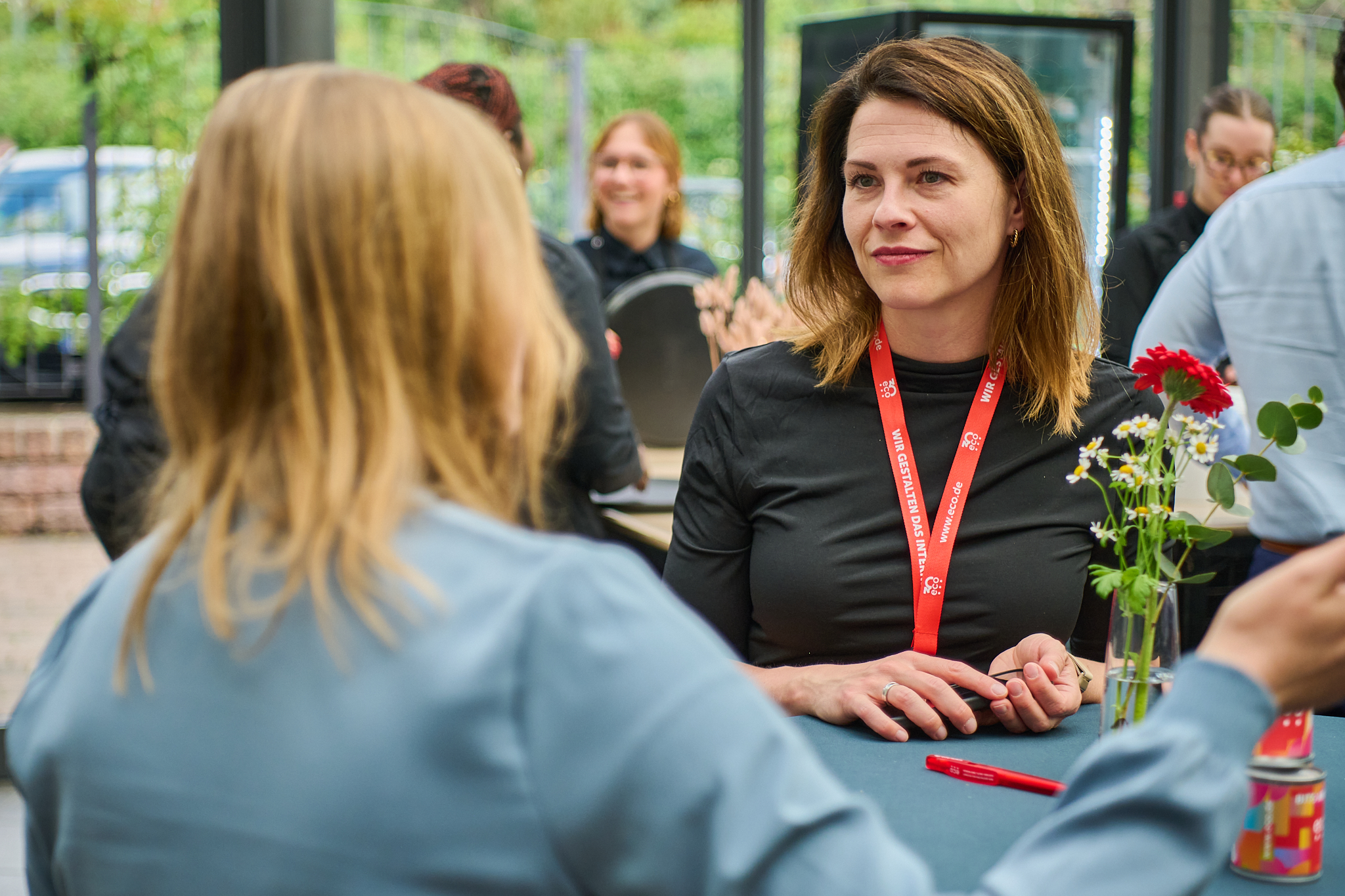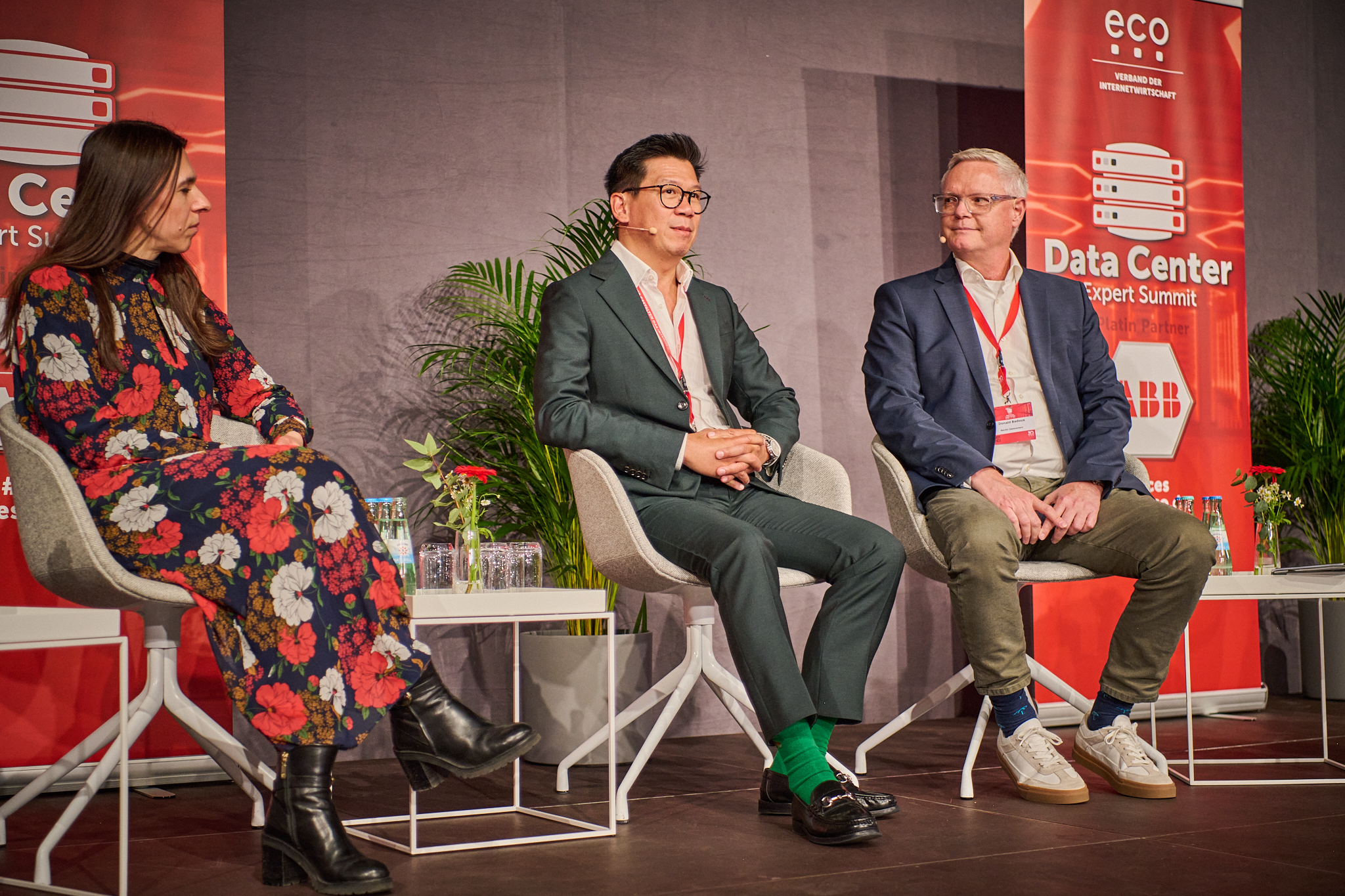The eco Data Centre Expert Summit 2025 in Mainz offered compelling insights into the dynamic development of the data centre industry and once again underlined the key role of digital infrastructures for Germany's future. Organised by eco – Association of the Internet Industry, the Summit brought together industry experts, technology providers and policymakers to discuss major challenges and innovative solutions.
Sustainability and energy efficiency in the centre stage
A key topic was the sustainable transformation of data centres. Discussions covered approaches to improving efficiency through modern power supply concepts, digitalised facility control and flexible construction methods. Companies such as ABB presented prefabricated skids and e-houses – modular technology buildings that enable the power infrastructure to be expanded as needed while promising significant savings in cabling and commissioning. The use of digital switchgear was also highlighted as a way to accelerate planning and construction.
The utilisation of waste heat – for example in Green Mountain’s innovative project in Mainz – and alternative cooling technologies such as river water cooling demonstrated how new concepts can reduce the ecological footprint. The data centre being built there completely dispenses with diesel emergency generators, instead using existing gas turbines. In future, up to 20,000 households could be supplied with waste heat. The project underscores the potential of sustainable partnerships – even if they begin without specific customers.
Flexibility and construction challenges
The data centre industry increasingly faces the challenge of making construction and operation more flexible – for example, when using conversion areas or implementing greenfield projects. Operators must respond to rapidly changing technological requirements – with correspondingly high demands on modularity and adaptability. At the same time, this introduces complex trade-offs, such as the distance to potential heat consumers or structural load limits for new types of cooling systems.
Software, digital twins and AI in operation
The increasing role of software was a key highlight. In particular, the “digital twin” – i.e. the virtual representation of the data centre – was recognised as essential for precisely managing complex systems. With the help of thousands of sensors and actuators, operators can control cooling systems more efficiently and minimise the risk of failure. A crucial factor is ensuring interoperability between software platforms to avoid data silos and support holistic operations.
In the field of artificial intelligence (AI), a diverse picture emerged: Some providers are using AI specifically to optimise UPS systems or energy distribution, while others are sticking with conventional methods for the time being, such as Building Information Modelling (BIM) without AI. A major focus was on preparing data centres for AI workloads – with rising power densities of 20, 40 or even 100 kilowatts per rack, which brings new requirements for cooling (e.g. water cooling) and power supply. It became clear that existing floor plans and building structures often reach their physical limits.
Networks, latency and digital sovereignty
A key technological issue concerned the further development of network infrastructure: AI applications and data-intensive workloads require significantly improved bandwidths and lower latencies – both in uplink (user to data centre) and in interconnect (between data centres). For future clusters with GPUs or specialised accelerators, a direct, ultra-fast connection will be critical. The security of these data streams is also gaining importance, especially in view of potential attacks by future quantum computers.
Furthemore, the issue of digital sovereignty has come into sharper focus. More and more customers are demanding transparency about ownership and investor structures of data centre operators to better assess dependencies – a growing criterion in the selection of providers.
Impetus for cooperation and recognition of excellence
The Summit not only provided a forum for technical exchange, but also for new partnerships and collaborations. The association actively uses the event to strengthen networking within the industry and raise awareness of political issues. A highlight was the Data Centre Awards ceremony, which recognised outstanding projects in the areas of energy efficiency, sustainability and technological excellence.
Conclusion: Technological depth meets sustainable vision
The Data Centre Expert Summit 2025 made it clear that the data centre industry is not only the backbone of digitalisation, but also an engine for ecological innovation, digital sovereignty and high-performance technologies. The focus on flexibility, energy efficiency, resilient networks, new cooling and construction concepts, as well as the integration of AI and software solutions, shows that the industry is actively working on solutions for tomorrow’s challenges. The projects and the discussions presented underscore the great potential of data centres – as engines of digital transformation and as role models for a sustainable technological infrastructure.
All photos from the event are available here.
